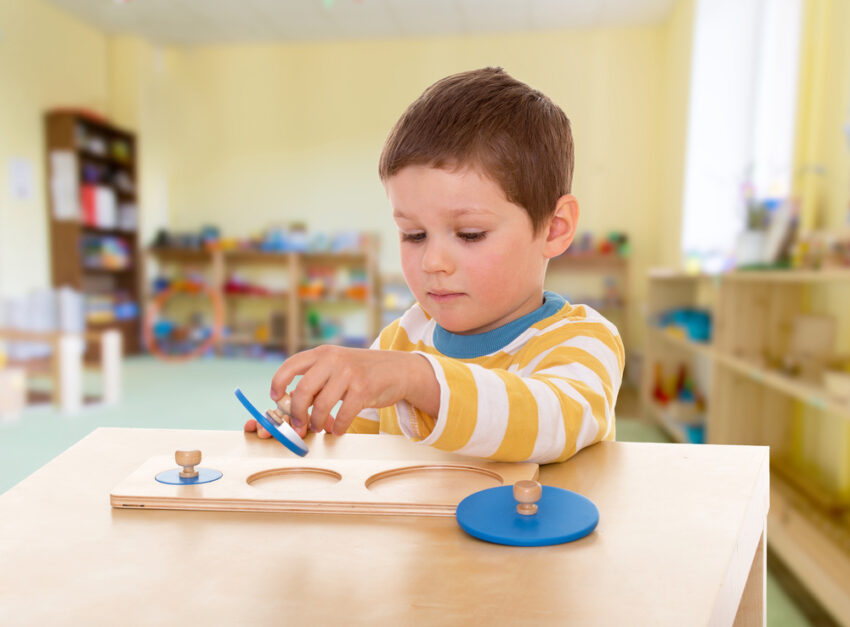International Montessori Methods for a Modern World
Education is a constantly evolving field, and with the advent of technological advancements, it has become imperative to reimagine traditional teaching methods. One such approach that has gained popularity in recent years is the Montessori method. Developed by Maria Montessori over a century ago, this approach focuses on creating an environment conducive to self-directed learning. By incorporating Montessori methods into modern education, we can better equip students with the skills they need to succeed in the 21st century.
The Principles of Montessori Education
The Montessori method is grounded in several key principles that aim to cultivate independence, self-motivation, and a love for learning. One of the core principles is the belief in the child’s innate curiosity and natural desire for exploration. Montessori classrooms are designed to stimulate this curiosity by providing a hands-on, sensory-rich environment.
Another foundational principle is the recognition of every child’s unique learning style. Montessori educators strive to tailor instruction to each individual student’s needs, allowing them to progress at their own pace. This personalized approach not only enhances understanding but also promotes self-confidence and autonomy.
Applying Montessori Methods in a Modern World
With advancements in technology and changes in society, it is important to adapt Montessori methods to suit the needs of a modern world. One way to achieve this is by integrating technology into the Montessori classroom. While Montessori classrooms traditionally rely on hands-on materials and physical manipulatives, incorporating digital tools can enhance learning experiences.
For example, interactive educational apps and online resources can supplement traditional materials, providing students with additional opportunities for exploration and discovery. Technology can also enable remote learning, allowing students to access Montessori education regardless of their geographical location.
Additionally, incorporating elements of project-based learning can further enhance the Montessori method in a modern context. This approach encourages students to work collaboratively on real-world projects that promote critical thinking, problem-solving, and creativity. By engaging students in hands-on, meaningful projects, they develop a deeper understanding of subject matter and are better prepared for the challenges of the 21st century.
Benefits of Montessori Education in a Modern World
Reimagining education through Montessori methods has numerous benefits in a modern world. Firstly, it nurtures self-directed learning skills, encouraging students to become independent thinkers and problem solvers. This is essential in an era where information is readily available, and the ability to learn independently is highly valued.
Furthermore, Montessori methods promote social-emotional development. By fostering a sense of community and emphasizing empathy and respect, students learn to collaborate effectively, communicate their ideas, and navigate social situations. These skills are vital for success in our increasingly interconnected and diverse world.
Moreover, Montessori education promotes a holistic approach to education, considering the development of the whole child—intellectual, emotional, physical, and social. This comprehensive education equips students with a diverse skill set, preparing them for lifelong learning and adaptability in a rapidly changing world.
In order to meet the challenges of the 21st century, education must adapt and evolve. Reimagining education through Montessori methods for a modern world allows us to harness the power of technology while maintaining the core principles of personalized, hands-on learning. By embracing a Montessori-inspired approach, we can equip students with the skills they need to thrive in our ever-changing society.
Nidhin
For More Details Call: +917510220582

